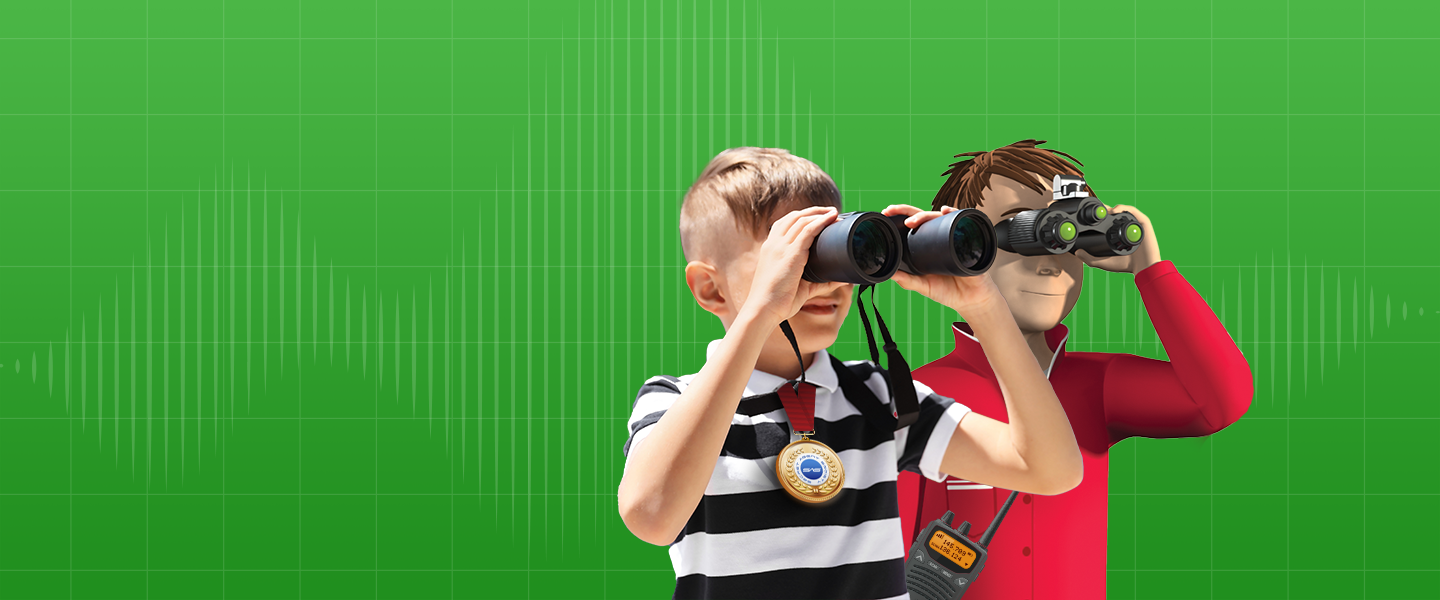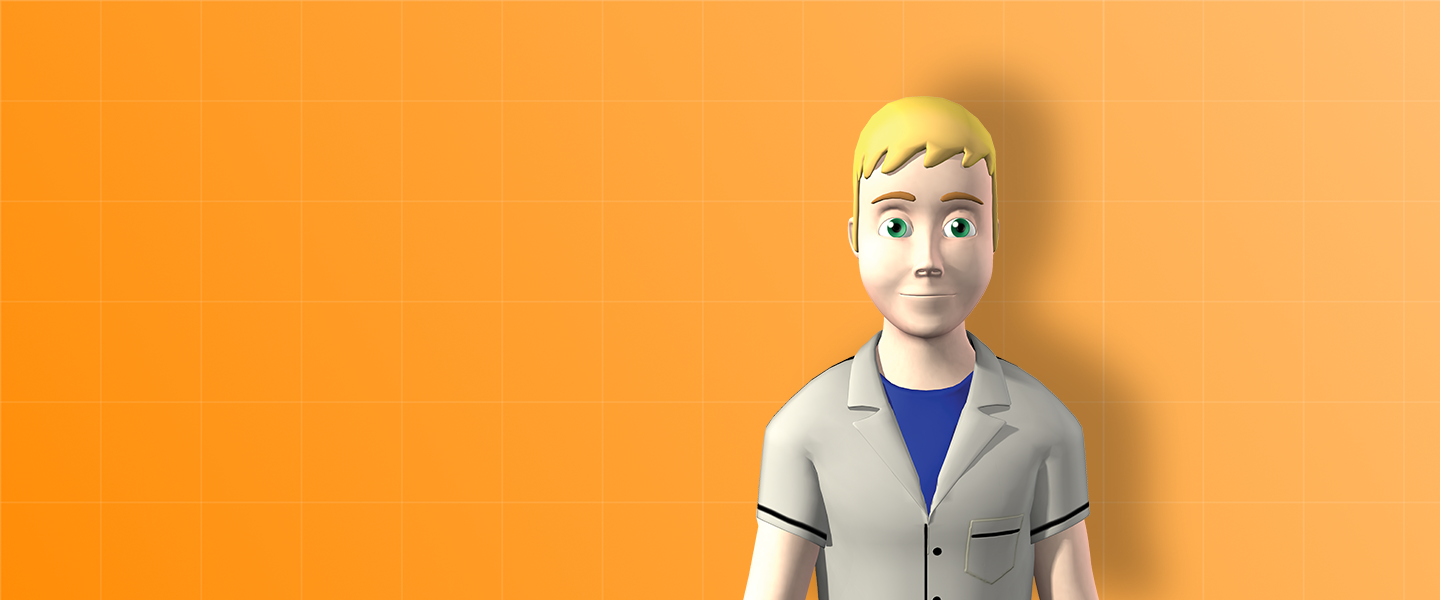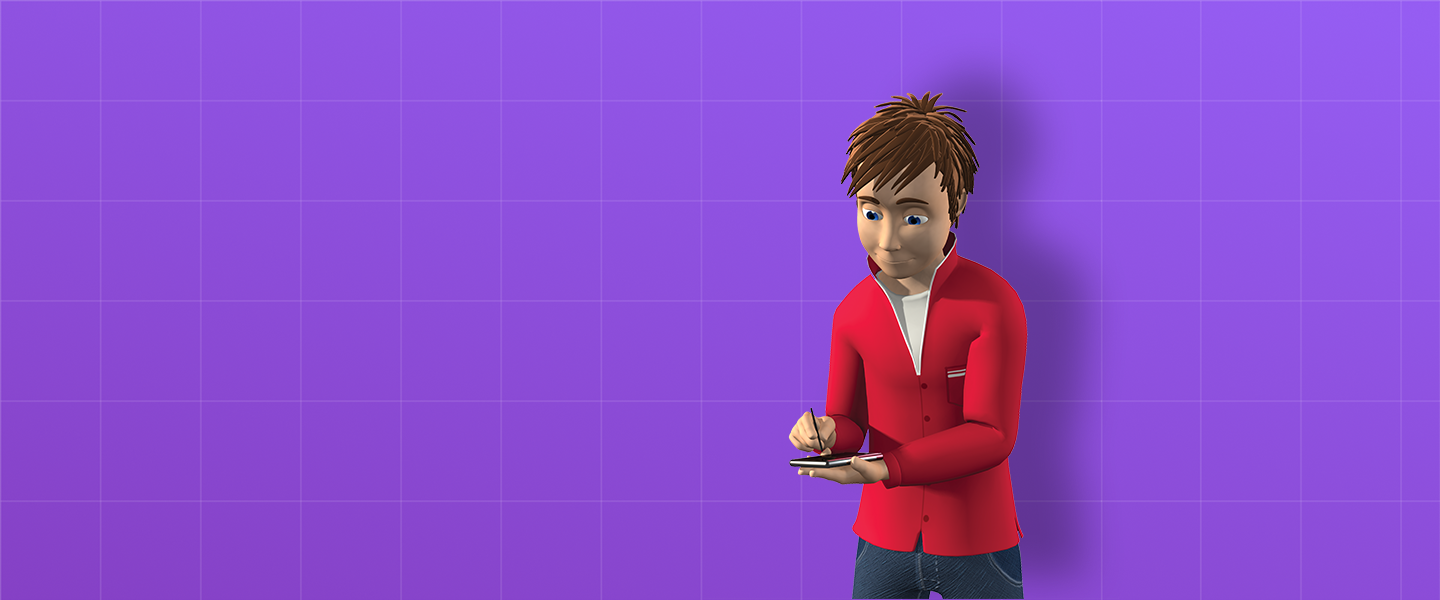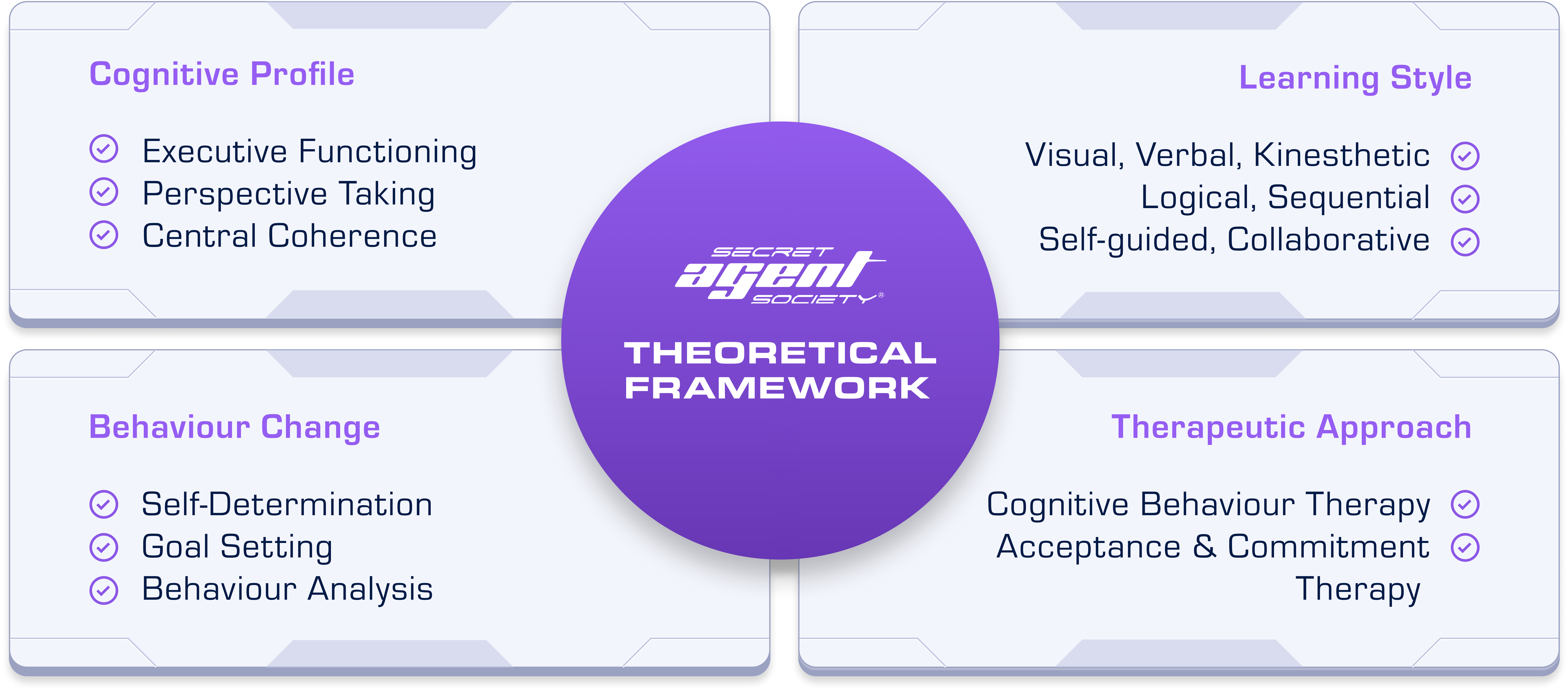history & theory
About Secret Agent Society

The Secret Agent Society (SAS) suite of espionage-themed resources are designed to capture the attention and interest of children and empower their resilience.
There are currently two SAS options available for engaging professionals, children and families to understand and use diverse life skills. Both are intended to teach new skills and can be used to empower the communication of existing social needs and goals that make for meaningful change in families’ lives.
Comprehensive and Effective
The award-winning and evidence-based SAS Small Group Program and stand-alone SAS Computer Game Pack both explore four key life skills: emotion recognition (in self and others), emotion regulation (particularly anxiety and anger), social problem solving and social skills (for friendship and teamwork!).
SAS resources are distributed worldwide by Social Science Translated (SST).
Who is SST?
SST is a wholly-owned subsidiary of the not-for-profit Autism CRC, the world's first national cooperative research effort focused on autism and Australia’s independent national source of evidence for best practice.
Vision
Valuing diverse life skills that make for meaningful change in people's lives.
Mission
Delivering evidence-based practical resources for professionals, children and families to diversify life skills.
Role
SST is responsible for training education and allied health professionals in facilitating the SAS Small Group Program, and distributing SAS resources and access to both SAS Providers and the public.
Finding an SAS Provider
SST does not offer the SAS Small Group Program directly to families. SAS Providers are encouraged to promote their SAS services to families and service navigators on SST's Find an SAS Provider search function.
SAS Background
History of Secret Agent Society

The award-winning and evidence-based Secret Agent Society framework has been measureably improving the lives of children around the world for more than a decade.
SAS was initially conceived in a university environment through the PhD project of Clinical Psychologist Dr Renae Beaumont, underpinned by a number of different theories of child development, psychopathology, therapy, and behaviour change, and based on best-practice evidence of learning styles and cognitive profiles of children with autism spectrum cognitive profiles.
Since then, a variety of different SAS resources have been developed over time to support children’s social-emotional development. Evidence supporting the program continues to grow, expanding to include a range of diagnostic profiles, and with global application across clinical and educational settings.
SAS program content, resources and products are continuously evolving to respond to the expanding evidence base and community needs.
PhD project supporting the development and evaluation of “Junior Detective Training Program”, now known as Secret Agent Society. The program was developed and evaluated through the Clinical Psychology program at the University of Queensland, by Dr Renae Beaumont under the supervision of Associate Professor Kate Sofronoff.
Publication of the original Randomised Controlled Trial (Beaumont & Sofronoff, 2008), sparking interest from researchers and clinicians worldwide. This Australian study held the most clinically significant change published in the world for a children’s social skills program of its kind.
Informed by the autistic children and experiences in the PhD, and further child user testing, the original SAS Computer Game Pack (on disc) and SAS Challenger Board Game were developed and made available to the world.
Launch of the Secret Agent Society Small Group Program and SAS Facilitator Training Courses. The Secret Agent Society Computer Game was a finalist in the 16th Annual Australian Interactive Media Industry Association (AIMIA) Educational Game of the Year Award.
SST trained over 1000 professionals across 9 countries. Tens of thousands of children accessed the SAS Small Group Program and its associated resources. In 2013, action research results evaluating the SAS Small Group Program in specialist schools were released at the International Meeting for Autism Research in Spain. In 2014, the SAS Small Group Program won the Aspect National Recognition Award for Advancement. Also in 2014, the (now superseded) SAS Family Kit won the United States’ Learning Magazine Teacher’s Choice Award for the Family. Four different research papers were published evaluating the SAS suite of resources. In 2016, Author Dr. Renae Beaumont presented at the University of Queensland TEDx event. Publication of a book chapter on the intervention of the Secret Agent Society with students with Asperger’s.
Included the transition to online SAS Computer Game play (no more disks!). The new edition incorporated latest child development and social-emotional skills training research, findings from recent SAS research projects, and years of collated feedback from SAS Facilitators and families. Additionally, 2017 saw the publication of a study of the SAS Small Group Program with school children across Australia.
Autism CRC won the Australian CRC Association Award for Excellence in Innovation for SST’s work in further developing and distributing SAS. Dr Renae Beaumont was awarded the ASPECT Advance Award in Education. Publication of an evaluation of SAS Small Group Program for children with autism in an urban specialty community clinic in Los Angeles. Publication of an independent randomised waitlist-controlled trial on the SAS Small Group Program on emotion regulation on children with autism in Canada.
Celebrating a decade of Secret Agent Society!
Launch of SAS Digital Headquarters, an enhanced re-built version of the previous SAS Computer Game allowing technical longevity and modernisation of the digital learning games. SST worked tirelessly to support SAS Providers to pivot to Telehealth delivery and provided professionals and families with fast access to increased online resources.
Launch of the digital edition of the SAS Small Group Program, revolutionising group delivery. Prior to this edition, the SAS Small Group Program could only be delivered in face-to-face format and through physical resources and manual processes. As services all over the world grappled with the need to adapt and innovate in the face of the COVID-19 pandemic, a rapid co-design process supported the transformation of program resources into a sophisticated and specially-designed digital platform that not only brings the program into the future, but supports flexible (in person and telehealth) delivery. SST’s Kathleen Davey was awarded the Australian Psychology Society's inaugural Entrepreneur of the Year Award for spearheading and driving the program's digital transformation. SAS Author Dr Renae Beaumont was awarded by the Society of Clinical Child and Adolescent Psychology, a division of the American Psychological Association, for her career promoting evidence-based mental health.
Interested to learn more about the evidence base supporting the Secret Agent Society framework?
So far there are more than 22 publications from around the world, including 4 Randomised Control Trials.
academic focus
SAS Theoretical Framework

Since first launched, the SAS Small Group Program has been systematically updated over time to incorporate new research and best-practice evidence, as well as enhance Facilitator-led activities in response to feedback and diverse learning styles.
Facilitator instructions are continually reviewed and updated to better convey the flexible options for delivering the program within a neurodiversity framework, all while continuing to captivate and engage professionals, children, and families to understand and use diverse life skills.
Digitised choose-your-own adventure style missions and a step-by-step problem-solving formula are used to support executive functioning with planning and set-shifting that may contribute to social-emotional challenges for children with a range of conditions, including Autism and ADHD. These program components help children to think more flexibly about different solutions to social problems, rather than persevering with unsuccessful coping strategies such as physical retaliation, escape or avoidance behaviours.
SAS also draws on principles of learning and behaviour change, with complex skills broken down into component steps relevant to the learner, and behavioural antecedents and consequences analysed to inform adjustments to the environment, supports, and expectations to grow a meaningful and diverse skill sets. For example, a structured Skill Tracker is used to monitor children’s skill usage on a daily basis at home and at school, with rewards provided in exchange for symbol credit earned.
The program teaches cognitive behavioural therapy strategies for coping with unpleasant feelings and integrates acceptance and commitment therapy techniques to help children tolerate uncomfortable emotions.
Child development literature has also informed the creation of age-relevant step-by-step guidelines for the social skills explored in the program (e.g. steps for talking and playing with others).

Reaching the child's own goals and empowering communication of their existing needs and goals is the core intention of the program, making for meaningful change in families’ lives.
SAS teaches children how to detect the thoughts and feelings of themselves and others, with the aim to enhance perspective-taking and to diversify their understanding and accuracy when reading emotional expressions and intensities. This can be an important goal for a range of children.
The program also upskills children to integrate relevant contextual, verbal and nonverbal clues to accurately interpret social situations – targeting strengths and weaknesses associated with central coherence processes (i.e. focusing on details that aren’t necessarily linked to the ‘big picture’) that are also hypothesised to play a role in social interactions. By teaching new skills with this approach, children learn to recognise how to identify useful ‘big picture’ clues for another person or the situation, while continuing to use their complementary strength of focusing on detailed clues.
Through engaging professionals, parents/mentors, and children in understanding and using diverse life skills, children are empowered to:
- understand the social needs, preferences and goals of a diverse range of people, and
- explore and communicate their own diverse social needs, preferences, and goals to others.